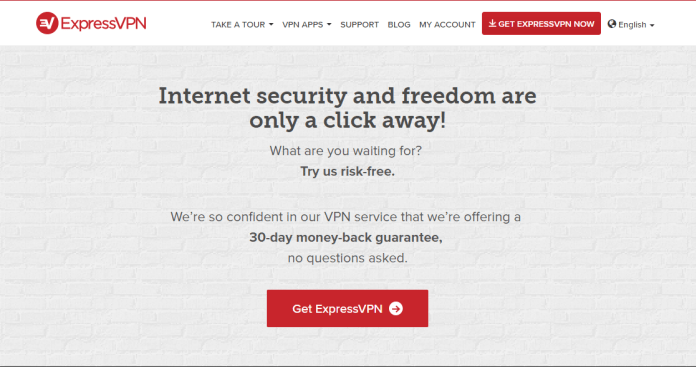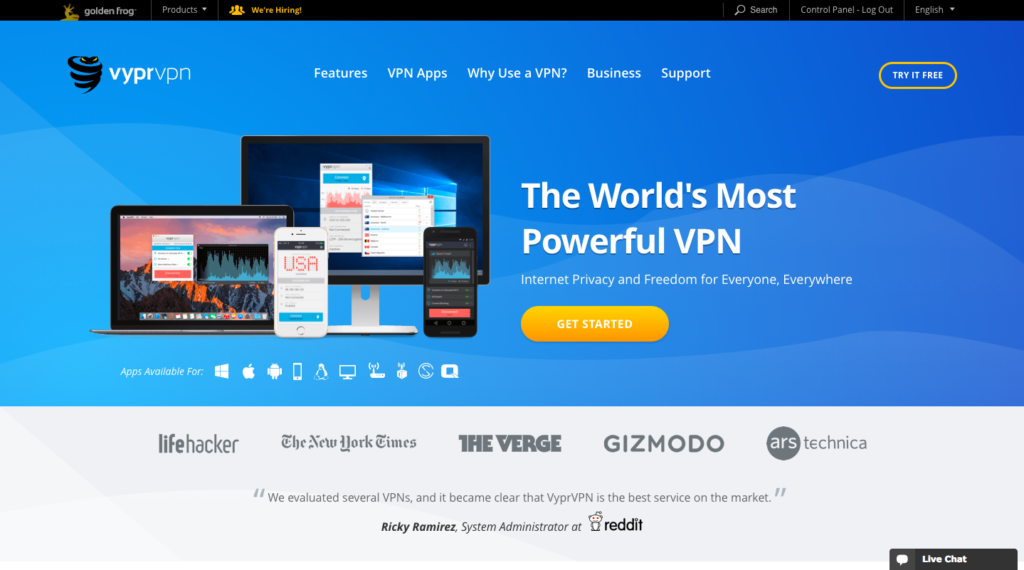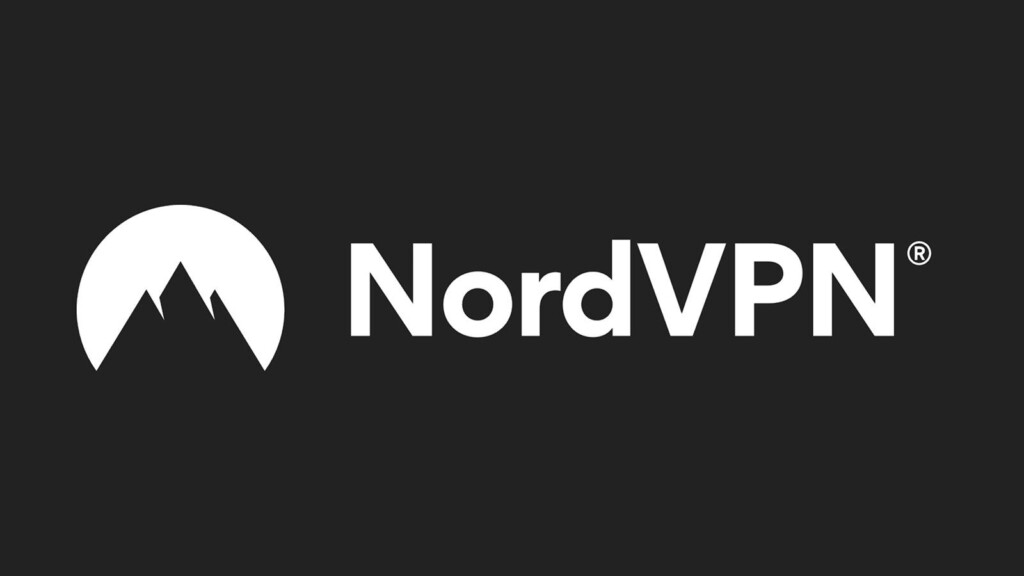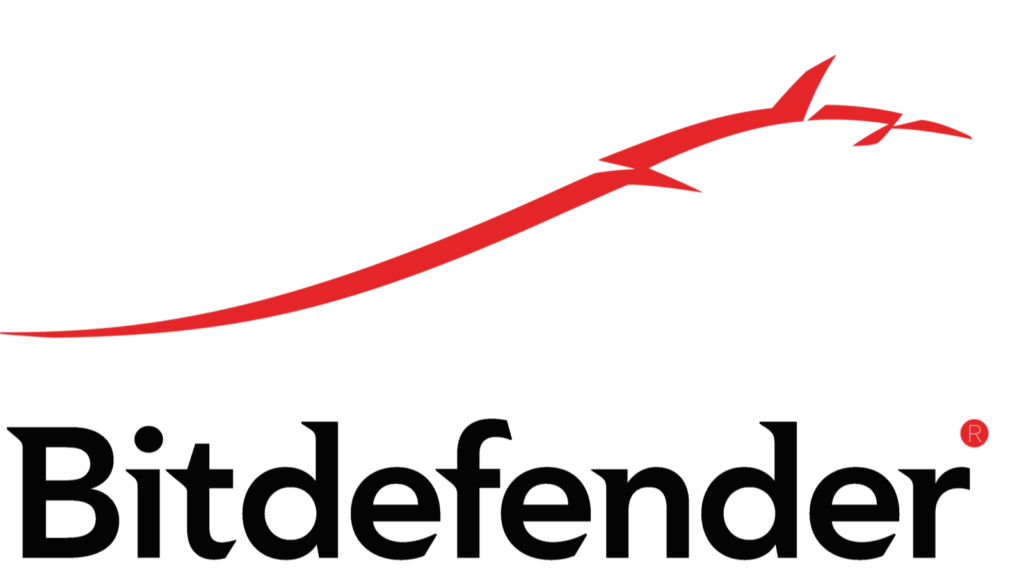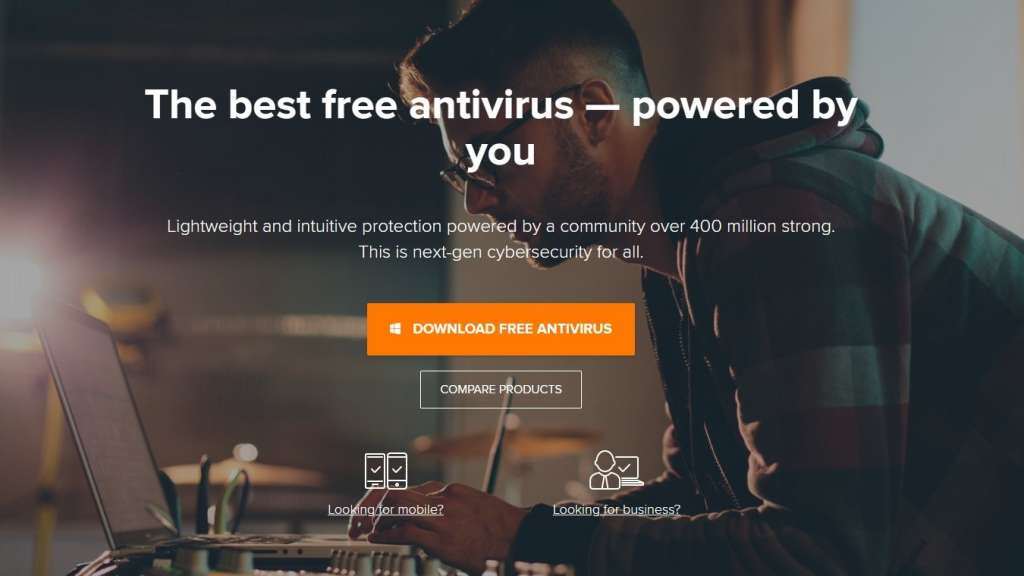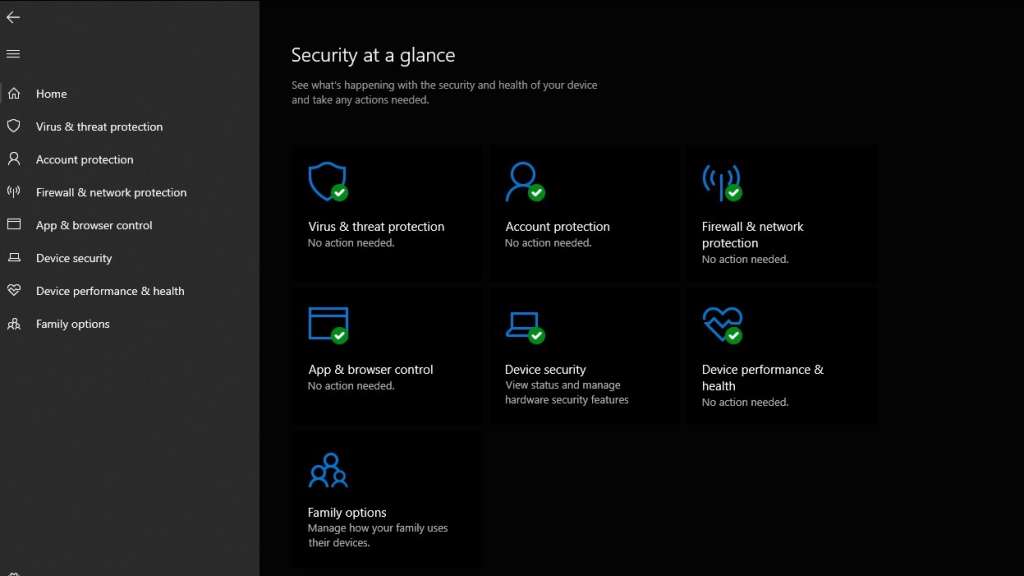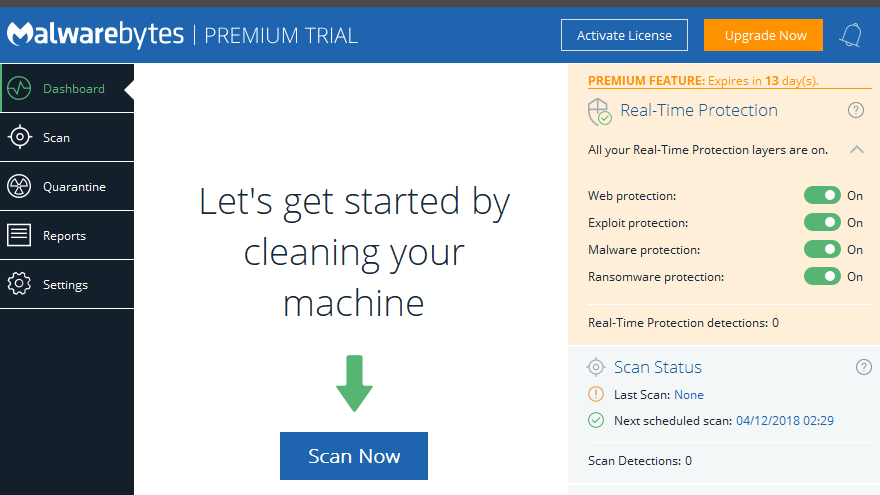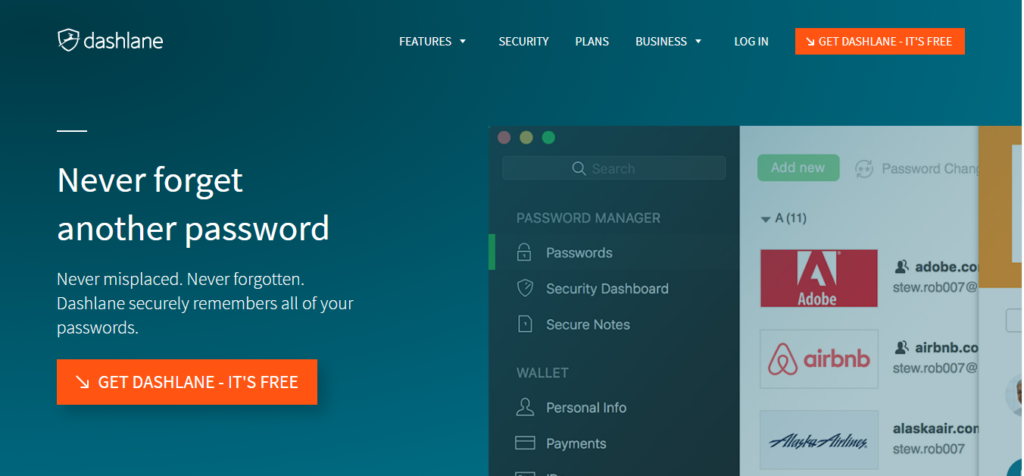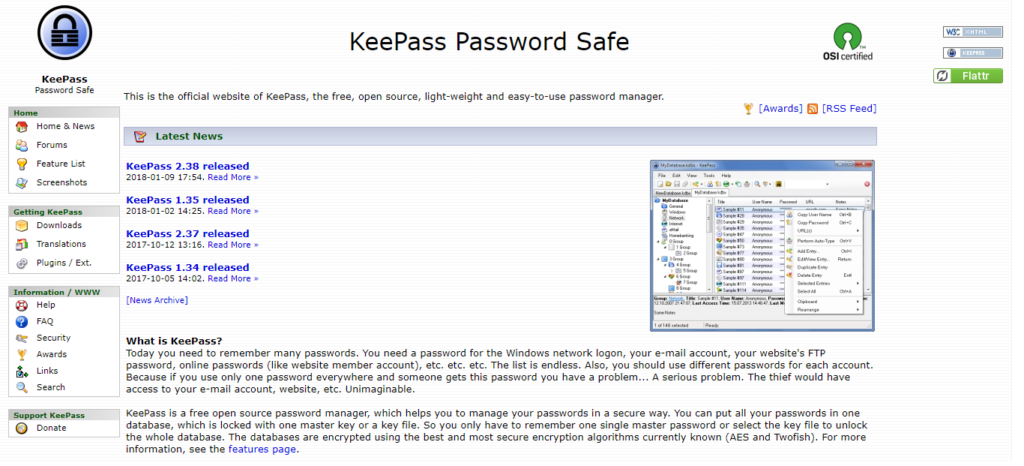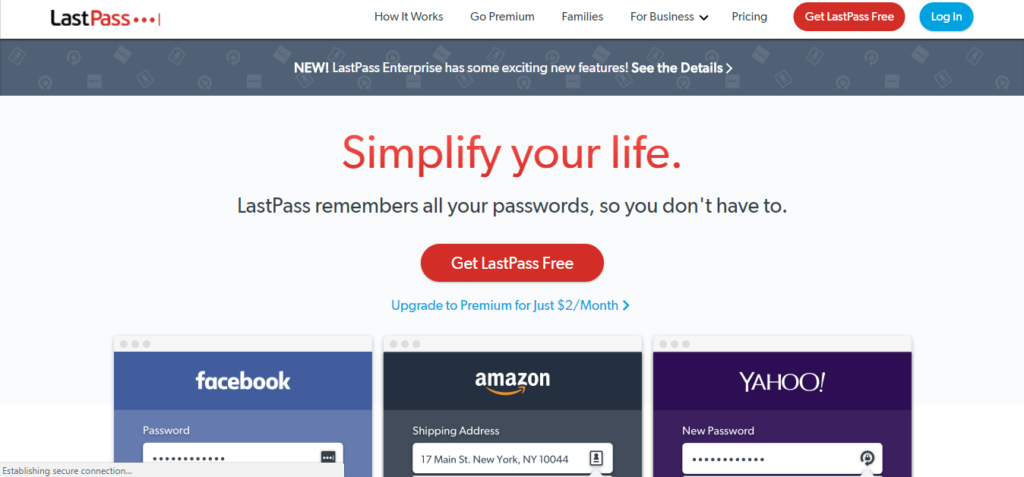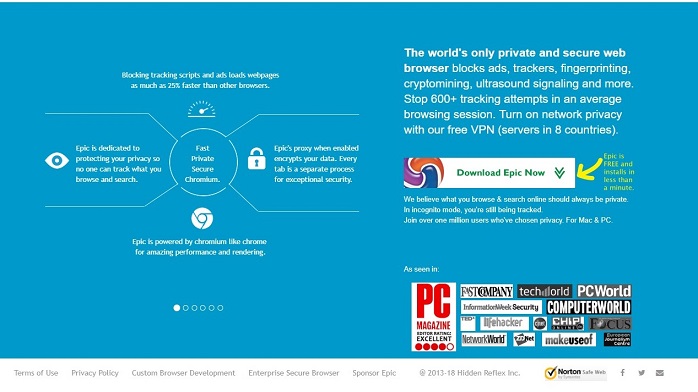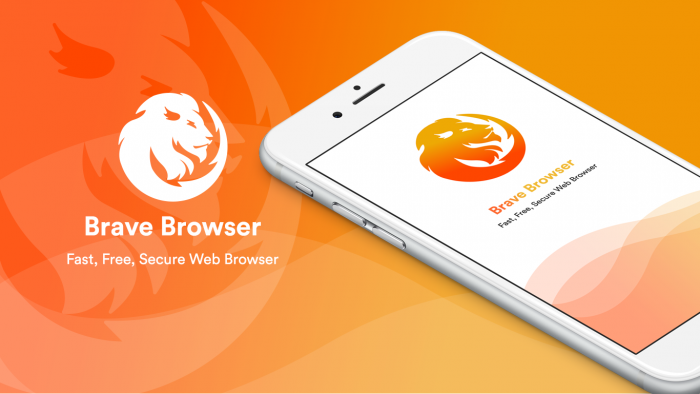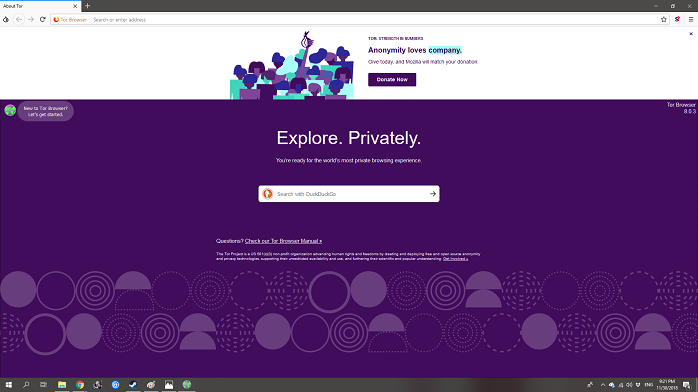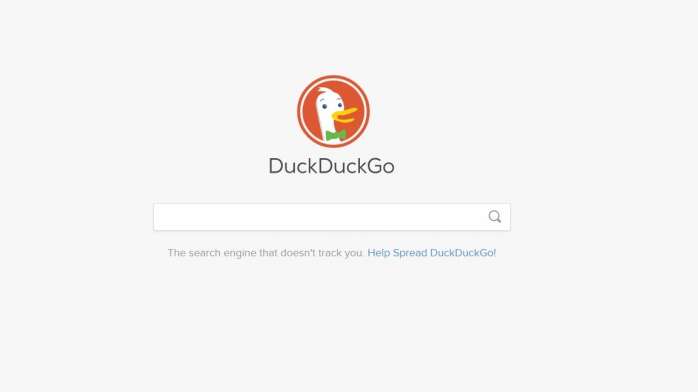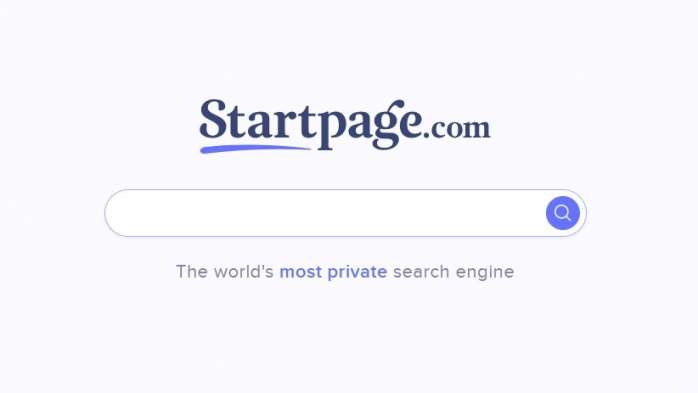
When you purchase through links on our site, we may earn an affiliate commission. Here’s how it works.
The Best Privacy Tools: Get Ready to Fortify Your Online Life
We are in the middle of a war on personal privacy. In any war, you absolutely must have the best and most appropriate tools to fight the enemy. Which is why we’ve collected some of the best privacy tools you can use to ensure that no one is sticking their nose into your business. By using these tools in combination with each other you radically reduce the chances that you will suffer a privacy breach. The best news is that many of these tools are free and even the paid options are hardly ever expensive.
So let’s have a look at the best privacy tools in the most important product categories.
Premium VPN Services
A VPN or virtual private network is a service that creates a secure, encrypted tunnel between your device and the VPN server. The VPN server acts as a middleman between you and the internet. This means that your service provider can’t tell what sites you are visiting through the VPN. At the same time, the sites you visit through the VPN also can’t see your real location or IP address. VPNs provide a strong level of privacy protection, but they are not all made equal.
Free VPNs are generally not worth it and may even create privacy problems. So we recommend some of the many excellent subscription-based services. Subscribing to a Best VPN only costs a few dollars a month and the advantages are worth far more than the asking price.
ExpressVPN
ExpressVPN is widely considered to be one of (if not the) very best VPN services available today. It supports a wide range of devices while being fast, feature-rich and affordable. I’ll almost always recommend ExpressVPN to anyone looking for their first VPN service. For most of them, it will also be the last service they need.
VyprVPN
VyprVPN is a product of the Golden Frog company, a well-respected technology leader in the internet space. On a technological level, VyprVPN is one of the top dogs. It features a network that only consists of servers that Golden Frog physically controls and own. VyprVPN is highly resistant to efforts at blocking VPNs, which means it's a great choice when other lesser VPN services have failed.
NordVPN
NordVPN impressed me roundly when I tested it for myself last year and since then the list of great features has only grown. This is definitely a great choice for those who want no compromise on the security front. With military-grade encryption and the unprecedented option to have two VPN layers to secure your data, this is some serious stuff.
Antivirus Software
A virus is a self-replicating piece of software designed to infect a computer and then do something harmful. Viruses have been around for decades, but the internet has made it much easier for them to spread. Having good antivirus software is an absolute requirement for any computer that connects to the internet. Unlike free VPNs, most people will be just fine with a free antivirus. Paid antivirus software offers features that are usually only of real interest to business or power users. Here are a few of the best free antivirus packages. You can of course always upgrade to a paid version if you need to.
Bitdefender Antivirus Free
The free version of Bitdefender Antivirus is well respected by the internet press and users alike. It does several things that make for an excellent antivirus package. First of all, it barely impacts computer performance. Secondly, it’s not in the way all the time with endless pop-ups and notifications. Lastly, it’s good at preventing and detecting infections. Sure it lacks any power user features, but as a no-nonsense solution, few can beat it.
Avast!
I used Avast for many years and still do. I mainly loved it for its simplicity and lack of bloat. Since then the company has refined the software, adding great features such as game mode. There have been some privacy niggles in the past which led to user complaints, it seems they have been sorted out. Making Avast a great contemporary antivirus package.
Windows Defender
If you’re running a modern version of Windows then you already have Windows Defender installed. It’s the homegrown Microsoft Antivirus package that in the past has come up short, but is now just about as good as the competition. I’ve included it here to highlight the fact that Windows users no longer have to rush towards third-party antivirus software. Windows is now run as a service and Microsoft is keeping it all aggressively up to date.
Malware Removal Tools
Malware actually includes viruses under its broad umbrella, but in common usage, it refers to spyware and other privacy-oriented malicious programs. While some antivirus programs may also catch and remove certain other malware, you also need a specialized malware and spyware program to catch what they miss. These two options are both highly effective.
Malwarebytes
Malwarebytes is probably the best-known anti-malware packages out there. The free version doesn't provide you with automated scanning protection. Instead, you have to manually scan each time. Not really a problem if you remember to run the scan if you visit dodgy sites or notice something strange. In my experience, Malwarebytes has cured every malware infection I have ever faced.
SpyBot Search and Destroy
Image Courtesy of SpyBot Search and Destroy
SpyBot Search and Destroy offers not only anti-malware and spyware functionality, but also acts as an antivirus. Which means you only need one package installed on your machine in order to secure your device.
That's for a paid edition of the software, the Free Edition only includes spyware removal and lacks live protection. So if you already have a decent antivirus and just want to get rid of spyware, this is a good alternative.
Password Managers
We’ve written about the need for strong passwords before and it’s still just as necessary now as it has ever been. However, strong passwords are basically impossible to remember, so you also need a good password manager to store them securely. Not too long ago we published a list of the best password managers. Of those, I think the following three products are still standout choices.
Dashlane
Dashlane is free for single device users, but if you want it on more than just one machine you'll have to fork out an annual subscription fee. That being said, Dashlane is pretty feature rich, justifying the annual fee easily. It includes a digital wallet, password generator and provides cloud and local password storage. One downside, if you can call it that, is the laser-focus on two-factor authentication. You need to register each device via email before authentication can complete. From a security perspective this is great, but perhaps some customers don't want to deal with the extra hassle. Nonetheless, this is one of the best password managers you can get right now.
KeePass
KeePass is a free and Open Source password manager that lacks the polish and wide feature set of paid solutions. However, thanks to its Open Source nature you can be assured that its free of encryption back doors and that all the technology in use is known. Also, you obviously don't have to spend any money to use it. So if you support the Open Source movement and can look pass the rough edges here, this is a fantastic choice. Just remember that there's no iOS or Android support at the moment.
LastPass
In terms of sheer popularity, LastPass easily comes out on top. It's a household name when it comes to password managers. It supports Windows, Mac, Android, and iOS. Which is a very appealing fact. The free version of the software also doesn't restrict which platforms you can run it on. The paid version of LastPass is incredibly cheap, however, so it's well worth stumping up the cash. The one main downside of LastPass is that it's often targeted by hackers because of its popularity. On the other hand, the company is usually quite quick to patch out any vulnerabilities.
Trusted DNS Servers
A DNS (domain name system) server is a special kind of web server that keeps a massive directory of registered websites. When you type in an address like Technadu.com into your browser the DNS looks up the IP address that actually connects to the right server.
There are quite a few privacy risks when it comes to which DNS service you pick. The most common is DNS logging. It basically means that either or both your ISP and DNS service keep logs of which sites you visit. Many people are in fact using DNS servers provided by their ISPs. If your router or device is set to use an automatic DNS, it’s most likely one owned by your ISP.
Luckily it’s pretty easy to specify an alternate DNS and here are three great alternatives that provide better privacy features than most default DNS services being used in the wild.
Google Public DNS
If you set your DNS to Google's public DNS you'll almost certainly have an internet experience that's faster and more stable than the default ISP DNS you're currently using. Google's technology has strong anti-spoofing and DDoS protection. It's highly unlikely that you'll become the victim of DNS hijacking which can send you to fake sites that steal your information.
While the Google DNS is fast and secure, there is an issue with Google itself. If you have a problem with Google's information collection and privacy practices, you'd best steer clear of this DNS service. If you are however OK with the Big G, this is one of the best DNS options out there.
DNS.Watch
DNS.Watch is a completely free, privacy-focused DNS server service. It has no censorship and keeps no logs. They run on donations, so if you can make a contribution to keep fighting the good fight.
CloudFlare 1.1.1.1
The CloudFlare 1.1.1.1 is a free, fast and secure DNS service offered by one of the world's top companies when it comes to secure web infrastructure. The funding for 1.1.1.1 comes from websites that pay CloudFlare for their technologies, such as DDoS protection and backup protection. CloudFlare says 1.1.1.1 is the fastest and most secure DNS resolver in the world. That's debatable, but it certainly deserves to be considered one of the best options.
Privacy Web Browsers
Our web browsers provide a window into the billions of web pages out there on the internet. They have come a long way since those clunky first-generation efforts such as Netscape Navigator and the original Internet Explorer. Unfortunately, most common web browsers are actually quite leaky when it comes to your privacy, which is why several privacy-focused web browsers have been created to combat the most common leaks. These are some of the toughest customers in the web browser industry.
Epic
Epic is a very interesting take on the privacy browser concept. It's been built from the ground up to fill the security gaps left by other technologies such as Incognito Mode and VPNs. It blocks 11 leaks that are not protected against by other solutions, making it a perfect companion to your existing security measures. You don't even have to look for a private search engine since Epic has a custom, private search engine built in. There's a long list of protections built into this browser. Longer than I can list here. The bottom line is that if you have zero-tolerance for privacy leaks, this is the browser that agrees with you.
Brave
Image Courtesy of Brave
Brave has the same general mission as Epic but doesn't have quite the same extreme approach to it. This browser aims to match the security level you can reach in popular browsers like Chrome through customization and extensions. The selling point is that you don't have to install or tweak anything. It's all built in from the start. That doesn't mean that you can't customize it. However, for most people, this is a fire-and-forget solution.
Tor
The Tor Browser is a specially-configured version of FireFox designed to work with the Tor anonymous network of volunteer computers to route your browsing in such a way that it's almost impossible for anyone, governments included, to figure out who you are. Tor is incredibly effective but is much slower than other browsing solutions, so you should only use it for truly sensitive browsing use cases.
Private Search Engines
Without a search engine, how would you find any sites without knowing their exact addresses? Yes, we are very reliant on search engines to get any use out of the internet, but popular engines like Google and Bing track you and save all your search data in order to provide targeted content.
DuckDuckGo
DuckDuckGo is probably the most famous of the privacy search engines. It's been designed so that absolutely no tracking happens when you enter search terms in DuckDuckGo. The site still uses advertising as a way to make money, but only the actual terms you enter are used to decide which ads are shown to you. That's unlike Google, where your terms are stored and will follow you around the internet, making you truly regret the one time you Googled "Justin Bieber".
Startpage
StartPage has a clever trick to combining both privacy and Google's top-tier search algorithms. It acts as an intermediary between you and Google. It blocks Google's tracking while providing you with their search results. If you don't like the idea of moving away from Google search performance, this is a good compromise.
Tools of the Trade
With all of these amazing personal privacy tools on your virtual utility belt, you’re like an internet Batman. Just remember that a tool is only as good as the person who is using it. Technology alone will never be enough to protect your privacy.
How helpful are these tools to protect your privacy? Let us know in the comments below. Also, to get instant tech updates, follow TechNadu’s Facebook page, and Twitter handle.

